Lori Thompson is not only my amazing secretary and administrative assistant at church but she also runs the church’s coffee bar – better known as “Holy Grounds“. Knowing how many people at the Vineyard are organic gardeners, many of which are on our staff, she never throws the used coffee grounds away, but makes them available for those of us who have compost piles at home. Even though everyone on our staff tries to conduct themselves as a Christian (preferring others before themselves and all of that) all bets are off when the used grounds are set out on a first come first serve basis. Rejected coffee grounds, garbage, moldy leaves, rotting debris and animal manure are commodities everyone has a new value for these days.
Every year just before Christmas our staff pools their money and lovingly buys and presents Nancy and I with a gift at our staff get-to-gather. The gifts they give us are always lovingly and thoughtfully chosen. This last Christmas they presented us with a compost bucket for our kitchen sink. It was awesome. It holds about a gallon of garbage and is equipped with a charcoal filter making it odorless.
Compost is not only a good thing, it’s essential for anyone who wants to grow a garden without the use of commercially manufactured chemicals. Organic compost is the ingredient that turns regular dirt into rich soil supplementing it with microorganisms and bacteria, nitrogen, humus and all the natural organic material that enables a garden to thrive.
A year ago when Nancy and I started developing our small farmstead we decided to build the house and barn on the one area of the property that didn’t produce an abundance of grass or any other kind of vegetation. The soil in this area was primarily decomposing granite. We chose it because of its location, it’s best to build on granite rather than on clay, and we wanted to save the more fertile sections of the land for hay production. The problem was the soil was too poor to put in a kitchen garden. Our only hope was to enrich and build up the soil with organics ourselves.
When we first started building we received two wonderful gifts. The first came from Craig and Joan Krosch our neighbors who brought us a dozen dump truck loads of seasoned cow manure (See entry # 6). The second came from our friends Duncan and Irene who delivered two large trailer loads of composted wood matter. I disked the cow manure into the chosen garden plot right away and added the compost using it as mulch as I plant the rows. I corralled our four horses next to the barn during the winter months and now have an ample stockpile of horse manure which I will piled up and save for later. (Horse manure is great for humus but not as rich in nitrogen as other animal manures.) We have also started our chickens which we will free range on the garden plot in the off seasons. (Chicken manure is very rich in nitrogen.)
Who would ever guess that garbage and animal waste could have so much value? Organic compost is rapidly being esteemed by those of us who want to eat food that has high nutritional value and who desire sustainable land.
Writing about this I can’t help but tag on a short parallel comment concerning compost and the human experience. I can’t help but think how we humans resist the garbage of life; the pain, the struggle and the suffering. We resist trials of any kind, but ironically it’s out of the garbage piles of life that we experience the greatest growth. Even in the present economic condition that our country is suffering we are seeing people discovering real meaning and even joy. The book of James in the bible says it best; “Dear brothers and sisters, when troubles come your way, consider it an opportunity for great joy. For you know that when your faith is tested, your endurance has a chance to grow. So let it grow, for when your endurance is fully developed, you will be perfect and complete, needing nothing.” In a way you might say that compost is a gift from God that is not only stimulating organic gardens, but organic people.


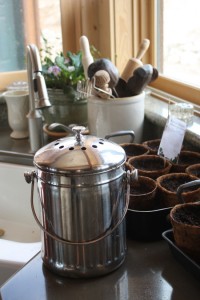
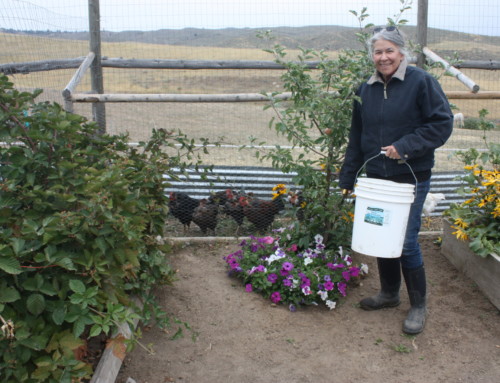
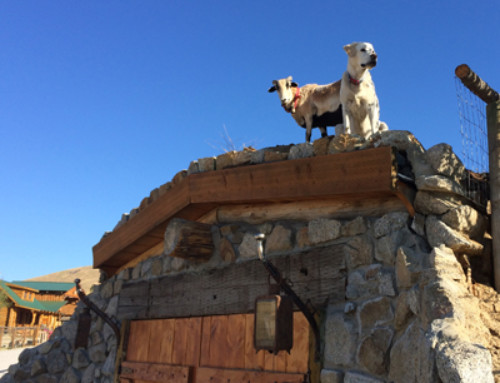
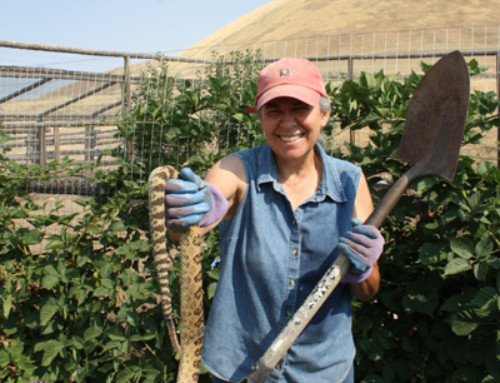
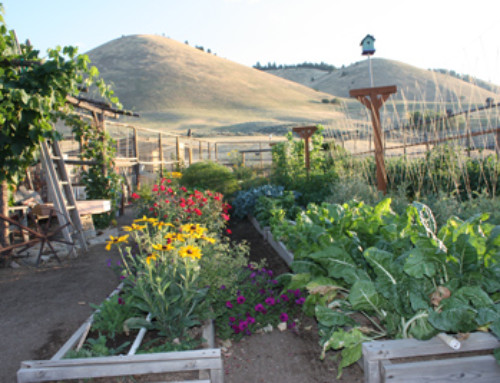
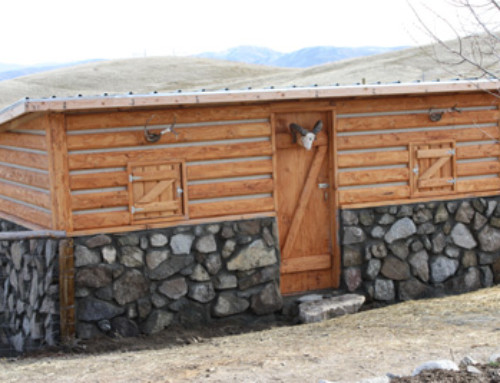

Leave A Comment
You must be logged in to post a comment.